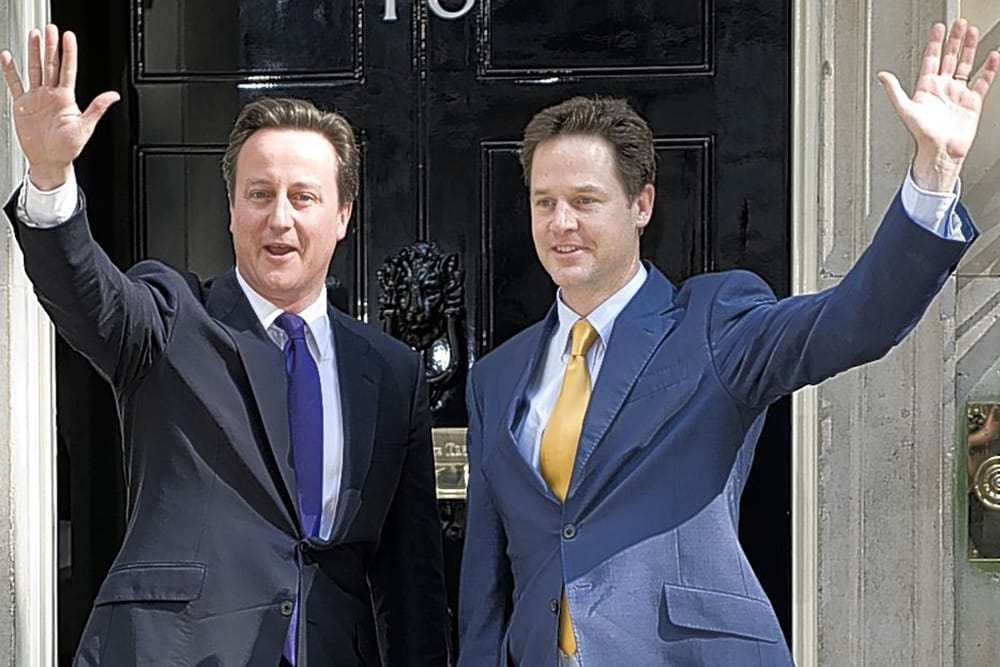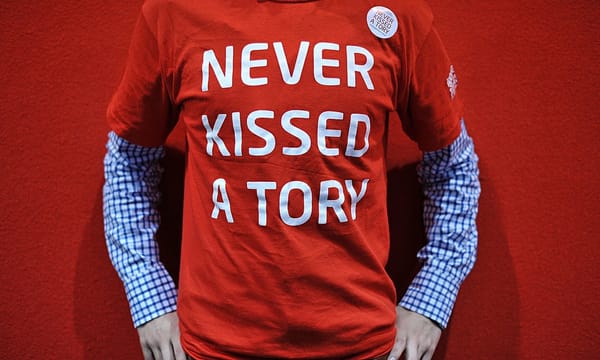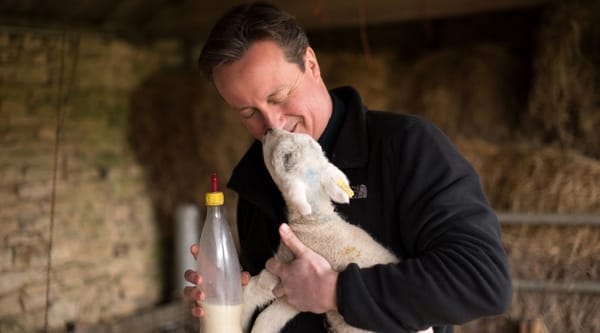We’re going to miss the Lib Dems
George Butcher wonders whether the Tories learnt anything

The Liberal Democrats have had the number of their MPs slashed from 57 to just eight. Members of Parliament who have been in government for 30 years are no longer. Part of their downfall can be attributed to their support of raising tuition fees, part to supporting the Conservatives, and part of it because, apparently, Lib Dem voters don’t actually want them to do anything.
The Liberal Democrats entered government at a time of great uncertainty. The thirteen year long Labour rule was ending, we’d just entered the most severe recession since the 1930s, and the Eurozone was about to implode. We needed a secure government and we needed it soon; the Lib Dems took a risk, and it paid off.
Voters don’t seem to have given them credit – they allowed a Conservative party into Number 10, implementing some deeply unpopular policies such as the bedroom tax and raising tuition fees, but they also stopped the Tories from being right-wing enough to hold a EU referendum. It’s the classic problem that faces the smaller party in any coalition.
However, I think the electorate is mistaken. We will all miss the impact of the Liberal Democrats over the next 5 years.
David Cameron is now beginning to enact the policies that the Lib Dems had prevented. The new Bill of Human Rights will require you to seek appeals in Europe before the British Supreme Court, making it harder to reach justice. The ‘snooper’s charter’ gives the police wide-reaching powers, including the power to prevent someone accused of “extremism” from publishing anything without their permission, including a public defence. This is likely to impact peaceful protestors. They are re-drawing the constituency boundaries, making it harder for Labour to win seats, all in the name of ‘fairness’ whilst ignoring the inherent unfairness in the electoral process already.
The Liberal Democrats wanted to build more homes so that we could afford to buy one. The Tories want to inflate prices so you can’t. The Conservatives are going to risk taking us out of Europe and threaten existing strong links in science and industry.
ÍThe Lib Dems wanted to defend that. George Osborne wants to drive further cuts – needless when the Government can borrow at around 0.5%, whilst the Liberal Democrats wanted to cut slower and use the economy’s growth and accompanying tax receipts to move from a deficit. They’ve pulled the government into the centre ground; in fact both the Financial Times and The Economist Magazine supported the continuation of the coalition.
So why the loss of seats? Many people I speak to are upset that the Liberal Democrats “got into bed with the Tories”. Why? These are the same people who also call for a more proportional system of representation. If you want a government that represents the majority, you have to accept coalitions. The last party to get half the vote in a general election was the Conservatives in 1930.
I don’t have a particular party loyalty. I’ve only been able to vote in one general election so I barely have a voting record. Like many, I want a government that is fiscally responsible but that also recognises the social importance of the government. Thatcher brought the economic reform we now all live with, but we need to use the wealth we create to reduce inequality and improve the public services we all depend upon.
The onus is now on David Cameron. The Conservative Party will not survive another election if they cannot meet the demands of the electorate. The Tories may have the economic high ground, they may appeal to the ‘aspirational class’, but if they can’t present a fair social policy for Britain, they will have no future from the moment Labour or the Liberal Democrats regain their credibility.
When Tony Blair won in 1997, he didn’t settle back into old Labour. He pushed further forwards, whilst alienating many in his party, gaining the support and trust of the public. If David Cameron wants another term, he’ll need to move to the centre too. This is what he promised to do when elected Conservative leader in 2005.
There are some signs of this happening, he spoke of “rebalancing our economy,” and “giving the poorest people the chance of training, a job, and hope for the future”. Now is the best time.
If he can genuinely work to reduce inequality and improve public services, he’ll leave Labour with nowhere left to stand.
We will miss the central ground that the Liberal Democrats offered us all, whether you voted for them or not. We’re now getting five years of unrestrained Conservative government and it remains to be seen whether they learnt anything from their coalition partners in the past five years, or whether they’ll return to their home ground and be pushed aside by the centrists.








